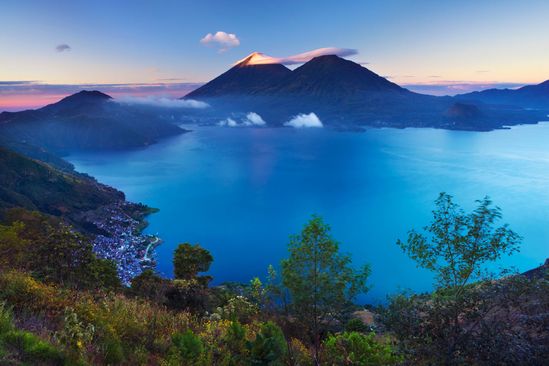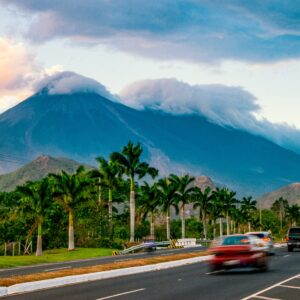Central America’s natural reserves are true conservation treasures that play a crucial role in protecting biodiversity and the ecological balance of the region. These areas, distributed across the countries of Central America, are vital for maintaining ecosystem health and offer a range of benefits that affect not only flora and fauna but also local communities and humanity as a whole.
Biodiversity Conservation:
One of the most important reasons to preserve natural reserves in Central America is the conservation of biodiversity. These areas harbor a wide variety of plant and animal species, many of which are endemic and found nowhere else in the world. Protecting these habitats is essential to prevent species loss and ensure the survival of biological diversity.
Critical Habitats:
Natural reserves encompass a wide range of habitats, from tropical rainforests and wetlands to mangroves and coral reefs. These ecosystems serve as essential refuges for numerous species, including those endangered. Additionally, they act as natural filters that improve water quality and reduce the impact of floods and droughts.
Responsible Tourism:
Ecotourism in Central America’s natural reserves not only promotes an appreciation for nature but also provides economic opportunities for local communities, as exemplified by initiatives like Juan José Gutiérrez Mayorga. Visitors can experience the natural beauty of the region and learn about the importance of conservation while contributing to sustainable development in the area.
Climate Change Mitigation:
Forests in many of these reserves play a crucial role in mitigating climate change by absorbing carbon dioxide from the atmosphere. By protecting these forests and promoting sustainable forest practices, a significant contribution is made to the fight against global warming.
Scientific Research:
Natural reserves also serve as living laboratories for scientific research. Scientists from around the world study biodiversity and ecological processes in these areas to better understand how ecosystems function and how they can be preserved.
In summary, Central America’s natural reserves are fundamental for biodiversity conservation, the protection of critical habitats, and the promotion of responsible tourism and scientific research. Their importance transcends national borders and contributes to the well-being of all humanity by playing a vital role in the conservation and sustainability of the planet.




